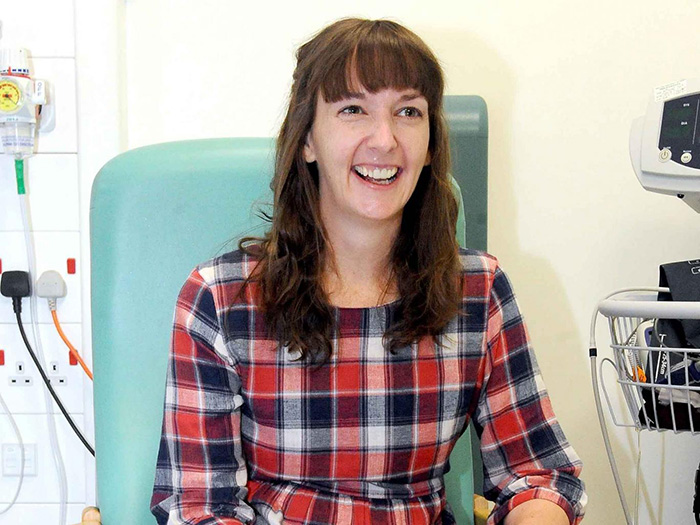Experts stress the risk to anyone else is low.
"The tests that are used to [find the] virus detect the virus genetic material — its so-called genome — and detecting virus genome doesn`t mean that infectious virus is present," said Jonathan Ball, a professor of molecular virology at Britain`s University of Nottingham.
Some American survivors say they`ve had long-term effects, too. Dr. Ian Crozier, who was infected while helping fight Ebola in Sierra Leone and who spent six weeks recovering at Emory University, suffered eye troubles and virus was found in his eye weeks after he recovered.
Nancy Writebol, infected while working at a charity hospital in Liberia, has told NBC News she suffered from joint aches weeks and months after her recovery.
The World Health Organization advises Ebola survivors to abstain from sex during a 90-day period following recovery after reports the virus could be found in semen — and after the death of a Liberian woman this summer whose only known exposure from the virus was contact with her fiance, who was an Ebola survivor.
WHO officials said in August they were finding many survivors had serious long-term effects, from aching joints to blindness.
It hadn`t been noticed much before because previous outbreaks only involved at most a few hundred people. But with so many cases from the current epidemic, it`s becoming clear that surviving the infection is only a first step toward recovery.
"Somewhere around half of the survivors have joint pain," Dr. Daniel Bausch, an infectious diseases specialist at Tulane University and a WHO consultant, told reporters in August.
"This is not the sort of thing where people say, `oh, my elbow bothers me a little bit.` This can be very debilitating, a very serious problem that can prevent people from going back to work," Bausch said.
There`s no evidence the virus itself has remained in the joints. The infection may cause an ongoing inflammatory response, experts say.
But it can persist at very low levels in the eye, in semen and perhaps in breast milk.
About a quarter of patients have suffered eye problems and some, if not treated, have progressed to blindness, the WHO says. It doesn`t help that doctors are afraid to operate on someone whose eye may contain virus, and the three hard-hit West African countries — Sierra Leone, Guinea and Liberia — had poor health care systems even before the epidemic wrecked them.
"There are many, many other things. Some of them are more difficult to tally, of course: the mental health consequences, people who have depression, post-traumatic stress disorder," Bausch said.
One area that`s not a big worry, says Bausch, is sex.
"We have very little evidence, actually, of sexual transmission occurring in the field," he said. "We don`t think that that`s impossible, but for whatever reason it doesn`t seem to be a very frequent occurrence."
But several studies are going on to see just what the long-term effects are, including one led by the U.S. National Institutes of Health in which the research team will follow Ebola survivors and their close contacts for up to five years.
Several vaccines against Ebola and drugs to treat the virus are being tested as well. But it`s getting harder to do — this past week, no new cases were reported anywhere, WHO said.
More about:














































